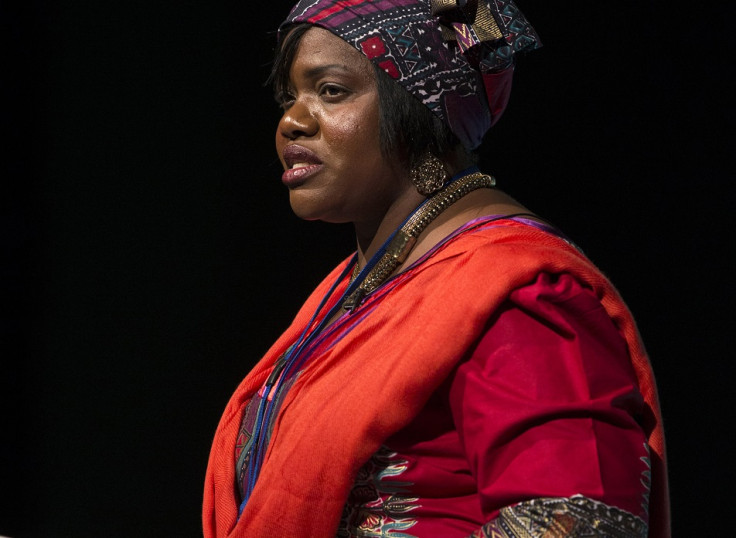FGM in Egypt: Summer holiday holds dread of genital mutilation for many girls

The end of the school year is an exciting time for most children, but a segment of the student population in Egypt — many young girls — have only a sense of dread. Summer is the time most female genital mutilations (FGM) are carried out.
The procedures on girls aged eight to 14 are carried out in the summer because they need several days to recover, reports the Global Post. The practice was outlawed in Egypt in 2007 but it still continues for many girls — though it's carried out far more quietly.
The most widely performed type of FGM in Egypt involves the removal of all or part of the clitoris and sometimes the labia minora. Over 90% of Egyptian women between the ages of 15 and 49 have undergone the procedure, says Unicef. The vast majority of the operations are performed by a doctor. In the past, midwives or sometimes female relatives performed the procedures.
But some schoolgirls are spreading the word to help end the practice. Three girls in a play in a village school act out a scene in which a mother tells her younger daughter it's time for her "circumcision". But the older daughter explains that there's nothing in the Koran or from the Prophet Mohammad that states it is a woman's religious duty to undergo a procedure that eliminates sexual feeling and can cause infection and complications.
The play is part of a campaign by the international health charity the Red Crescent working in schools in southern Egypt to eradicate FGM. The girl who played the mother in the play, 14-year-old Hala, says she is saving her two youngest sisters from FGM after experiencing it herself.
"I convinced my parents eventually, after a long while. Now they're extremely supportive," said Hala. "My older sister was circumcised, and I was. My two younger sisters won't be."
© Copyright IBTimes 2025. All rights reserved.




















